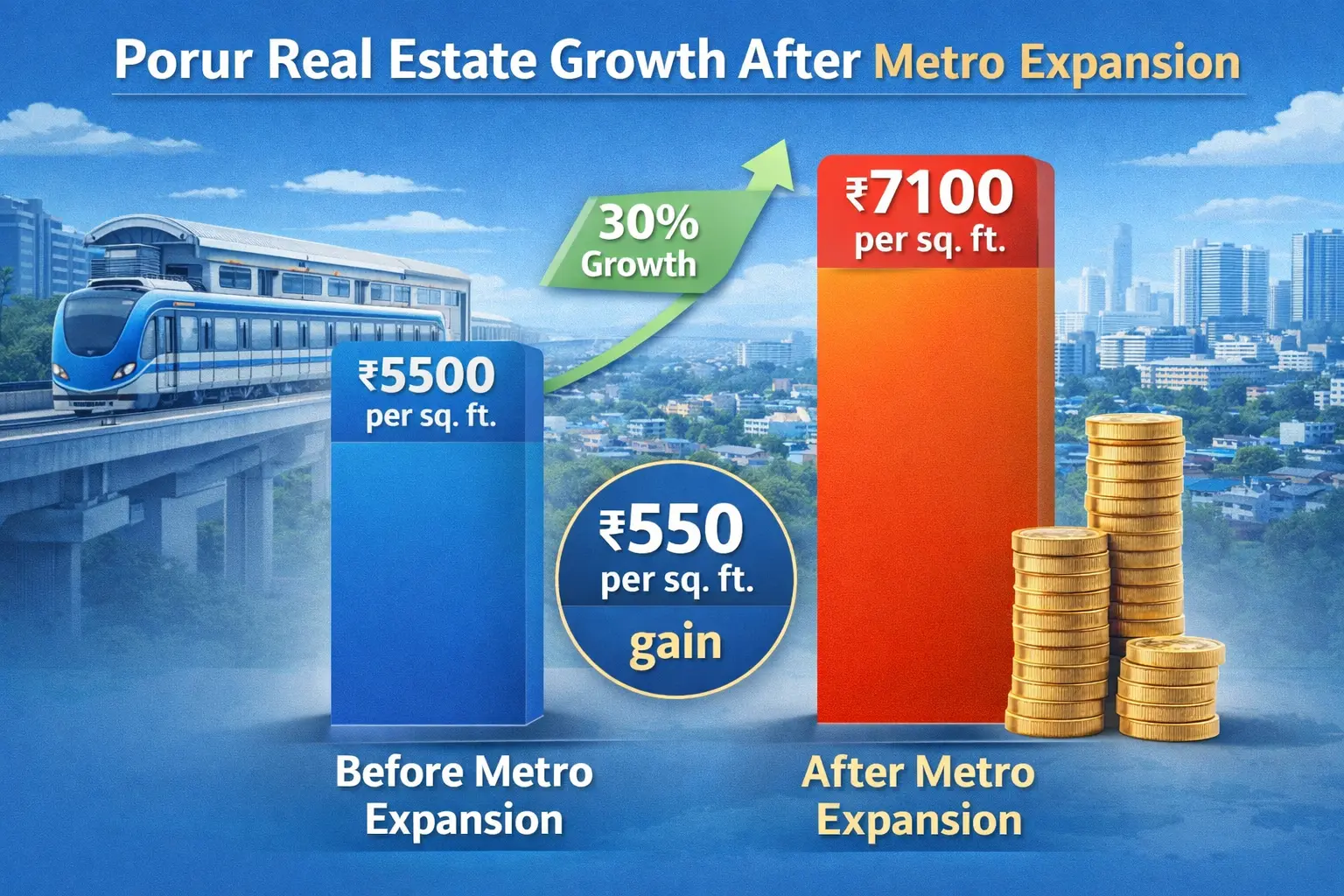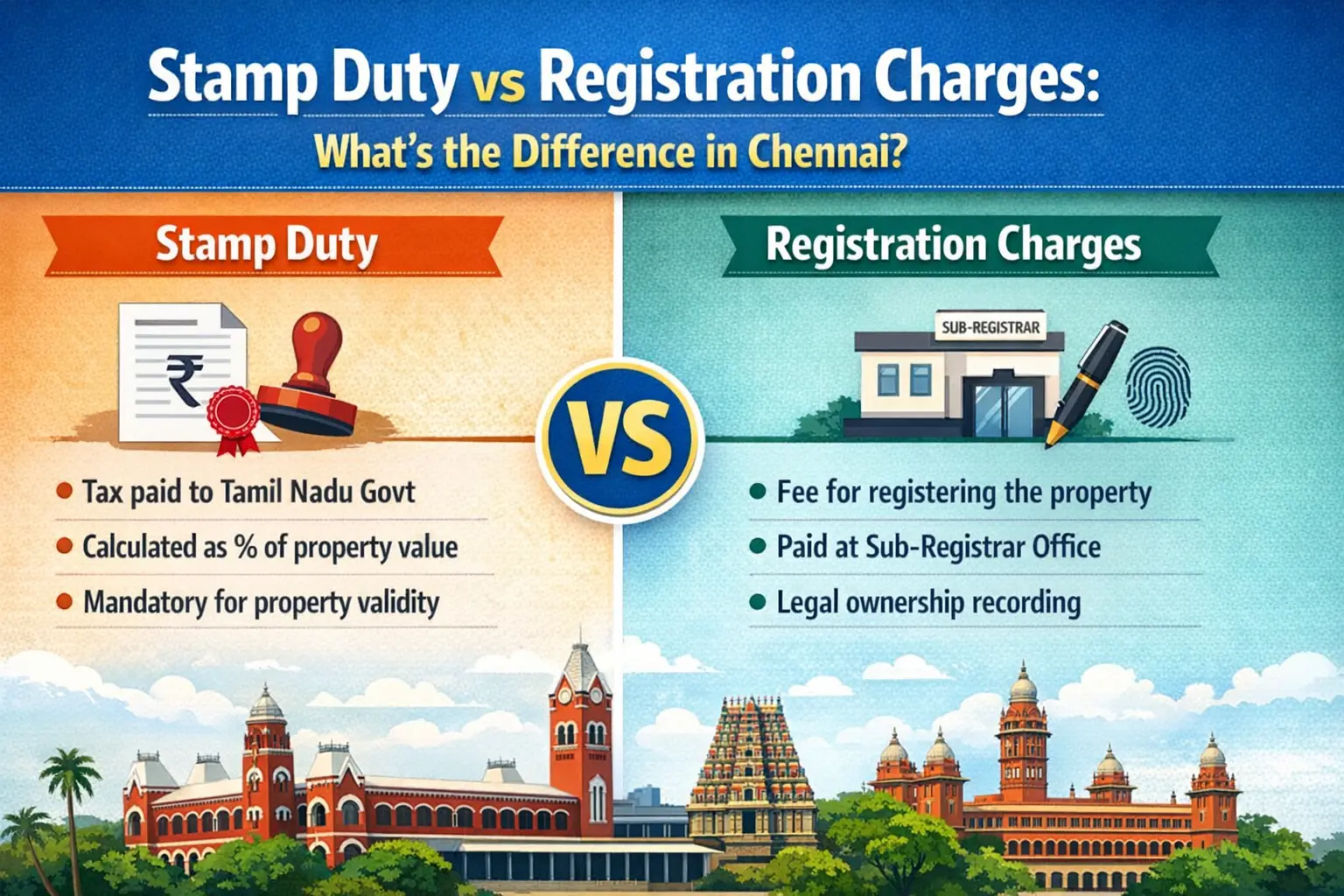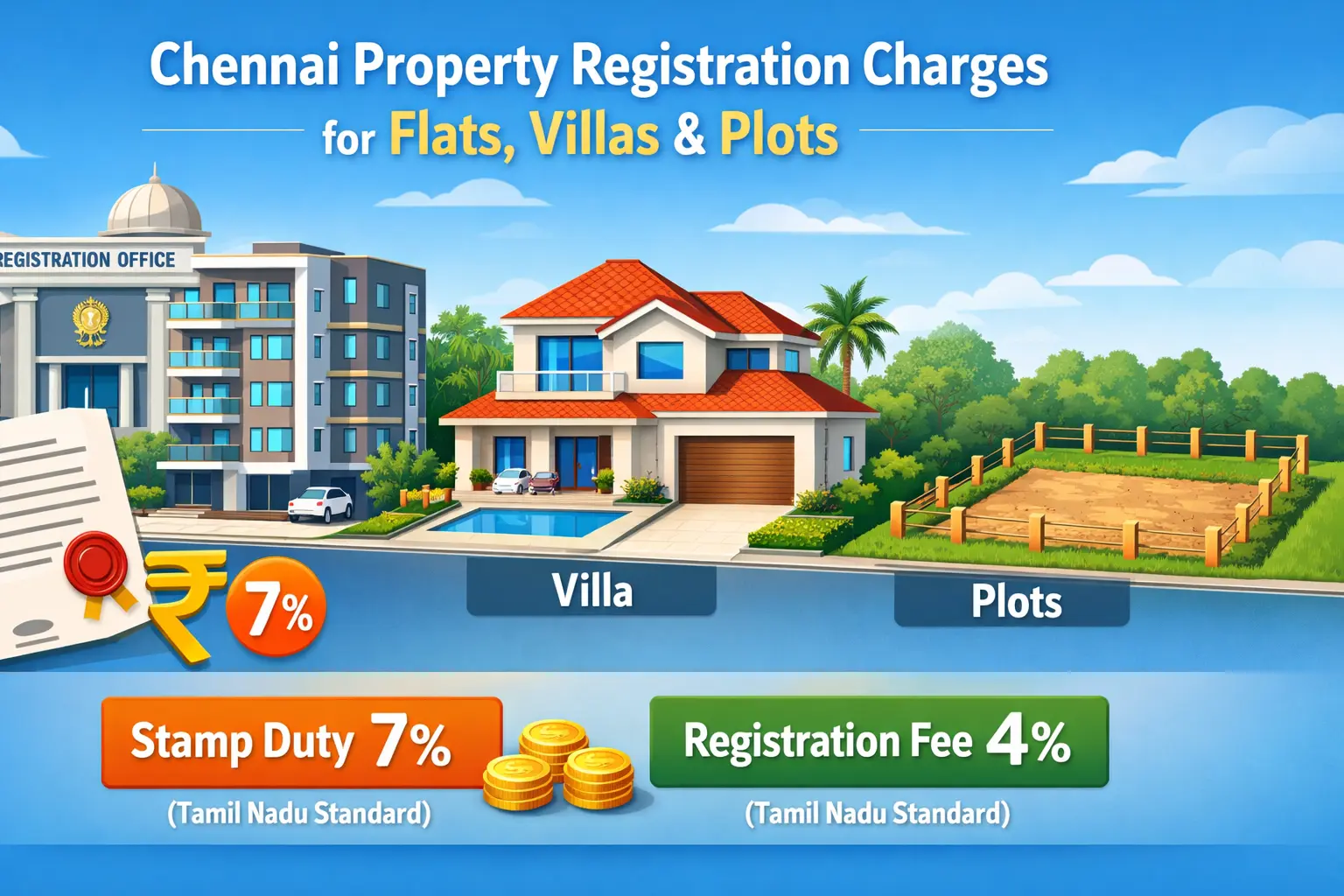How can I decide the best selling price for my house?
Make a list of your property's features/benefits and research the sale prices of a few other properties. Make a note of any unique traits and then create a benchmark price based on them. Remember that property depreciation occurs over time. It might be wise to seek the advice of an expert in this area.
When evaluating the price of a home, most sellers overlook the fact that the property's worth is determined by more than just the money they paid for the house or the amount they spent on upgrading it. A property's market value is what a ready and willing buyer would pay.
What is the market value of a home?
The market value of a home is the price at which it would sell under normal circumstances. This eliminates sales that occur as a result of unforeseen events such as relocation, the death of a family member, or any other emergency in which the seller is obliged to sell the property.
Essential features of a property for valuation?
The location of the property, including its city?
⇒ Name of the location
⇒ The project's title
⇒ The total number of floors and the floor number of the property
⇒Area with carpet
⇒ The total number of rooms is
⇒ The total number of restrooms
⇒ If the house features a modular kitchen,
⇒ The property's nature, the direction it faces, and the sort of flooring it has
⇒ Whether the property is fully or partially furnished If the building has a lift
⇒ The property's age.
⇒ If there is a designated parking spot on the property
⇒ Whether it has a terrace, a backyard, or simply open land with a ground floor
Is the market value of a home different from its fair value?
A property's market value differs from its fair value. In layman's words, fair value is the predicted amount that a home will receive based on current pricing trends, age of the property, and location, among other factors. The fair value is suggestive and is used to determine market worth. Market value, on the other hand, is the actual transaction amount agreed upon by a buyer and seller in a contract.
How to determine the market value of your property?
Look for comparable houses that have recently sold in your neighborhood or adjacent locations. 'Comparable' properties are those that are similar in size, style, age, and location. If you've employed a broker, he'll help you with this search. If you have not yet hired somebody, conduct an online search and analyze existing ads in your area or community. Speaking with local dealers or neighbors might provide you with an idea of the price range of a comparable property in your region.
Now, choose three comparable houses that are equal in every way to your property, such as age, size, amenities, and style. If you are unable to locate it, you will have to alter the sale price. A property similar to yours with additional amenities, for example, would be more expensive. Similarly, a property with no parking or garage would be less expensive.
As a result, you will need to alter the sale prices of all three comparable houses.
After you've finished comparing properties, make adjustments to the final sale price by adding or removing from each figure. If your home is newer, greater in size, and has additional features, you add the cost to the final sale price. This is possibly the most difficult step because it necessitates numerous computations based on various elements of the property. A thorough appraisal, on the other hand, is useful in determining the optimum price for your property.
Find the sum of the adjusted and final sale prices of all three comparable properties. Divide the total by three to calculate the average adjusted final sale price. This figure is the estimated market worth of your home.
The cost of the product itself is likely to be the most crucial element. If the item costs more to produce, you must charge more to earn a profit. Shipping and handling fees, as well as any applicable taxes, are also important considerations.
5 factors to consider when setting list price for your home:
The list price is the price you provide for your home when you first list it for sale. It is the monetary value of your listing on the first day it is offered to purchasers through the real estate industry's Multiple Listing Service (MLS).
It is neither the price at which you may eventually sell, nor is it the tax assessed value. It is the ultimate price agreed upon by you and your agent after taking into account the following factors: location, similar sales, condition, improvements, and local market circumstances.
1. Location:
Location also influences which comparable sales — often known as comps — your agent will obtain. Toll goes on to explain, "When we're analyzing a listing price for a home, we look at properties that are in a similar location, within a half mile to a mile radius."
2. Recently Sold Property:
When you meet with your agent for the first time, they will most likely present a comparative market analysis (CMA). This document compares previously closed transactions in your market to your home in order to determine a listing price. Even if you believe your house is worth more, take attention to this information.
When you accept an offer and the buyer's mortgage lender has your house appraised, these similar sales are often used as well.
If you get and accept an offer that is significantly greater than comparable sales, your house may not appraise appropriately. If the buyer is unable to obtain a mortgage on the property, they may withdraw from the transaction.
3. The state of the house:
Is your house well-kept or a fixer-upper?
"Is it something that has been completely renovated from top to bottom, or is it still in the original condition that the sellers purchased the home in 20 years ago?" enquires Toll. Because purchasers will not have to factor in remodeling costs, a renovated home in excellent condition will sell for more than a home with a bathroom from the 1970s.
The condition of your home has a significant impact on its worth. It is still possible to sell a home that need some repairs, but you must consider this when determining how much to offer your home for.
Appraisers also look at your home’s condition, age, and needed repairs when determining its value. They will make the same calculations as a buyer when adding in a remodeled kitchen or subtracting value for an outdated bathroom.
4. Market conditions in your area:
Depending on the market, your agent may recommend a different listing price strategy. A buyer's market, a seller's market, and a neutral market are the three types of real estate marketplaces.
In a buyer's market, there are more available properties than buyers. Sellers may need to lower their listing price in order to generate interest. It's more frequent to have to make compromises, such as paying a portion of the closing fees, in order to close the purchase.
In a seller's market, there are more purchasers than available homes. Bidding wars, buyers waiving contingencies, and homes selling rapidly and for more than the asking price are all frequent.
In a neutral market, housing supply and buyer demand are balanced.
Homes in this scenario tend to sell quickly and for close to the asking price..
What are some effective ways to stage a house for sale?
It's very important to evaluate a property to decide To Continue....













